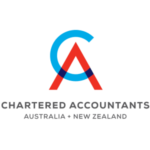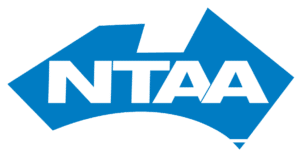To be able to claim certain expenses relating to self-education is a tax concession that is not to be overlooked, but to be eligible your present employment and the course you undertake must have sufficient connection for the self-education expenses to qualify as a work-related tax deduction.
In other words, if the course of study is deemed to be too general in nature, and can be viewed as having little relevance to your income-earning activities, the connection between them (and eligibility for a tax deduction) may not be seen to be viable by the ATO.
Deductions are also not generally available if the subject of self-education is designed to obtain new employment, or to open up a new income-earning activity. By way of examples of relevant connections, the ATO gives the following scenarios:
– the taxpayer is upgrading their qualifications for their current employment – for example, upgrading from a Bachelor qualification to a Masters
– they are improving specific skills or knowledge used in their current employment – for example, a course that will allow them to operate more or different machinery at their current job
– they are employed as a trainee and are undertaking a course that forms part of that traineeship – for example, an overseas trained person employed as an intern while completing a local bridging course
– they can show that at the time they were working and studying, their course led, or was likely to lead, to an increase in employment income – for example, a teacher who will automatically get a pay increase as a result of completing the course.




